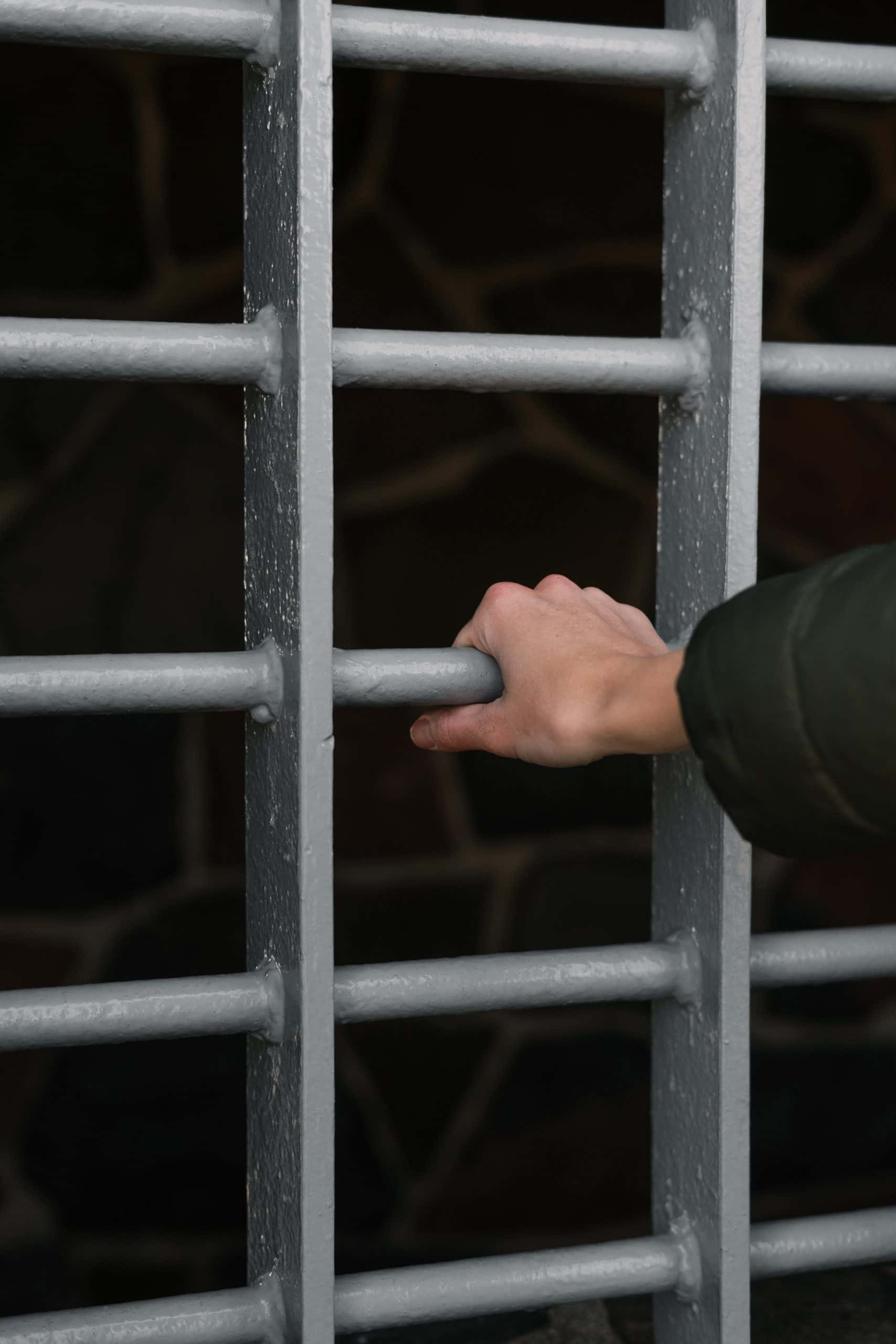According to recent research from the Student Borrower Protection Center, the majority of student loan borrowers who are jailed have probably defaulted on their debts and would benefit from President Biden’s debt-relief proposal.

Debtors Face Barriers To Education, Post-release Results
The paper states that most jailed debtors would be prevented from pursuing higher education and that better post-release results it delivers if student loans are not canceled.
In the center’s case study of more than 300 prisoners, all 57 borrowers had defaulted on their loans, and more than 90% of them had sums of under $20,000 at the time. This summer, when the Pell Grant becomes accessible to students who are jailed, defaulted borrowers will not be qualified.
The center filed a lawsuit against the government on Tuesday to compel it to answer a FOIA request for more data on jailed debtors.
READ ALSO: Challenges and Progress in Addressing Washington’s Homelessness Crisis
Department Supports Inmates’ College Loans Forgiveness Due To Oppressive System
The organization stated in a press release that “this information is critical for understanding the size and scope of the student debt crisis facing incarcerated borrowers.”
The Education Department was encouraged by the College Borrower Protection Center to forgive all college loans taken out by inmates. According to the study, it would be consistent with the department’s jurisdiction and the agency’s present practice of writing off debts as uncollectible for borrowers who are in default and serving sentences of 10 or more years.
According to Persis Yu, SBPC deputy executive director and managing counsel, “the barriers are insurmountable for incarcerated borrowers to avoid the worst pitfalls of the student loan system.” “The Department had a harsh awakening after seeing this photo. The first-ever investigation into debtors in prison demonstrates that any alternative to erasing this debt would simply keep this oppressive system in place.
READ ALSO: Challenges and Progress in Addressing Washington’s Homelessness Crisis




